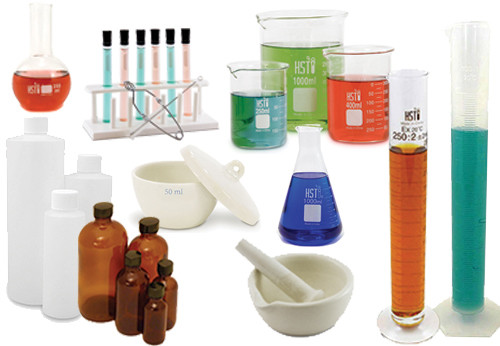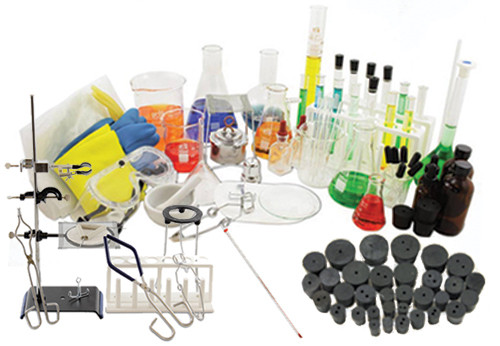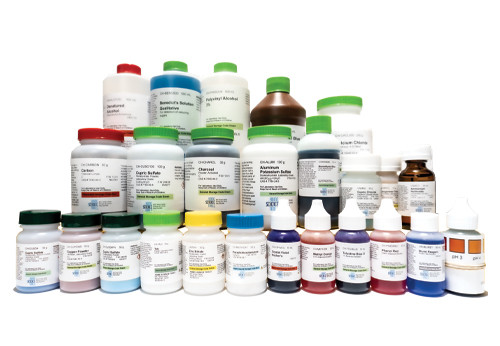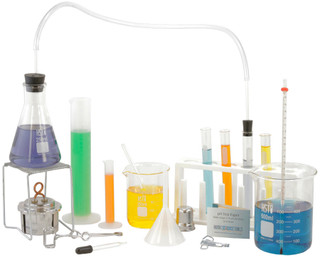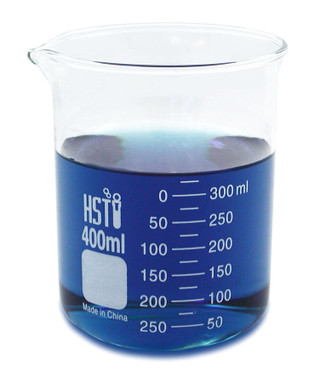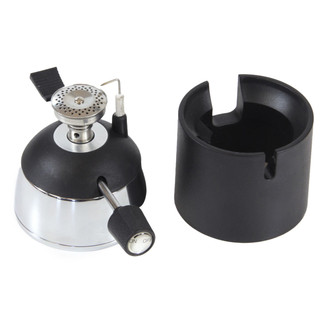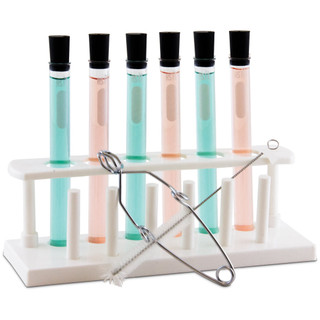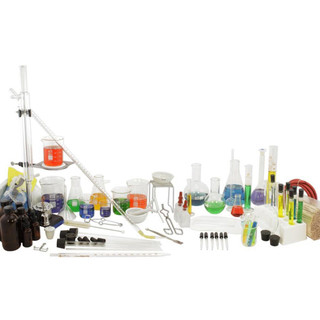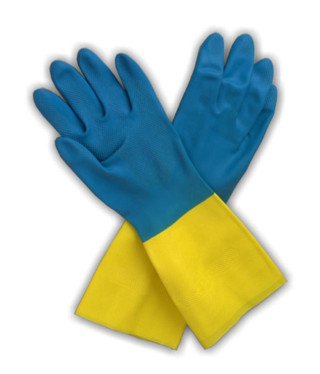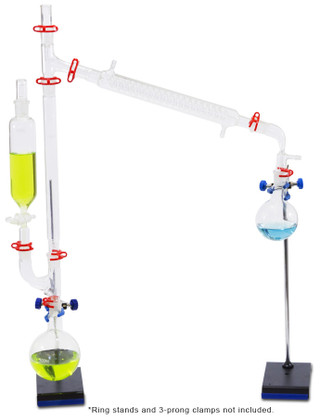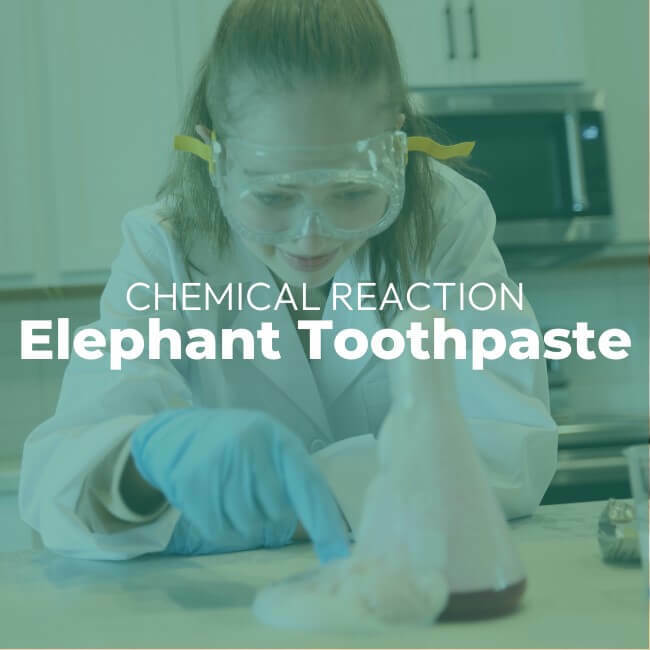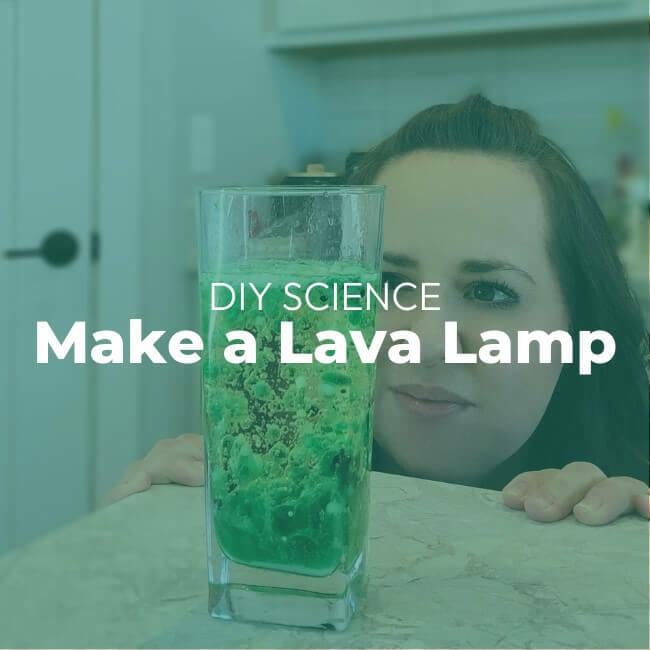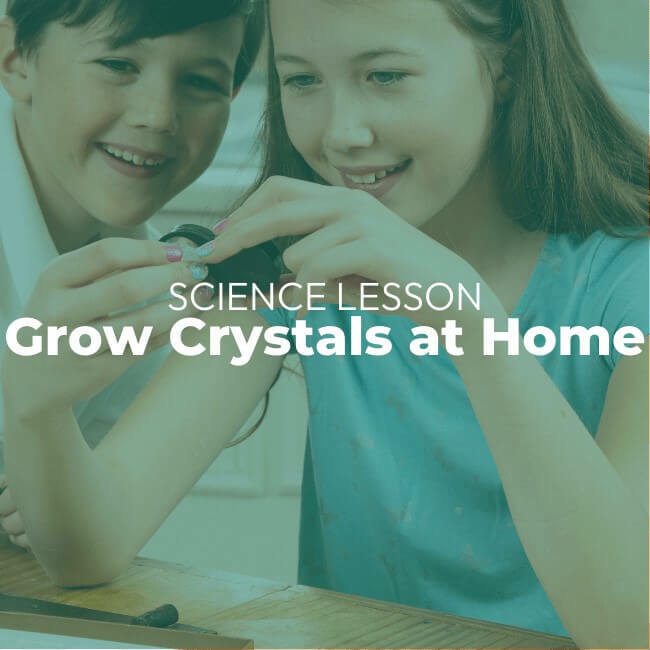Affordable chemistry supplies, chemicals, kits, and lab equipment for hands-on science experiments!
Whether you're an experienced teacher, a parent concerned about doing chemistry with your kids, an enthusiastic hobbyist, or a professional laboratory tech, shop here to find all of the chemistry supplies that you need for your labs.
We provide high-quality chemistry supplies including a wide-variety of lab chemicals, chemistry kits, lab equipment, glassware and plasticware, lab safety equipment, digital scales, and balances. We even carry a variety of stirrers, hot plates, microplates, rubber stoppers for test tubes, filter paper, pH meters, periodic tables, spatulas, mortar and pestles, desiccators, pipettes, droppers, lab coats, electrochemistry kids, safety goggles, and numerous other science lab supplies and lab equipment.
What is Chemistry?
Chemistry is the study of matter – its properties, compositions, structure, and interactions. Matter is anything that occupies physical space and has inertia (the tendency of a body to maintain its state of rest or uniform motion). Everything that you see consists of matter. Chemistry investigates the ways in which matter interacts, combines, and changes.
Looking to dive into a specific chemistry topic? There are five branches of chemistry: organic, inorganic, biochemistry, analytical, and physical. Organic chemistry is the scientific study of the structures, properties, compositions, reactions, and synthesis of organic compounds that contain carbon. Inorganic chemistry is the study of substances that do not contain carbon groups. It might help to think of inorganics as nonliving compounds such as salts, acids, and bases. Biochemistry is the study of chemical processes, or chemical characteristics, in living matter. Analytical chemistry is all about identifying, measuring, and separating matter. Finally, physical chemistry is the study of how molecules combine and react with one another. Physical chemistry looks at these combinations and reactions through a “laws of physics” lens.

